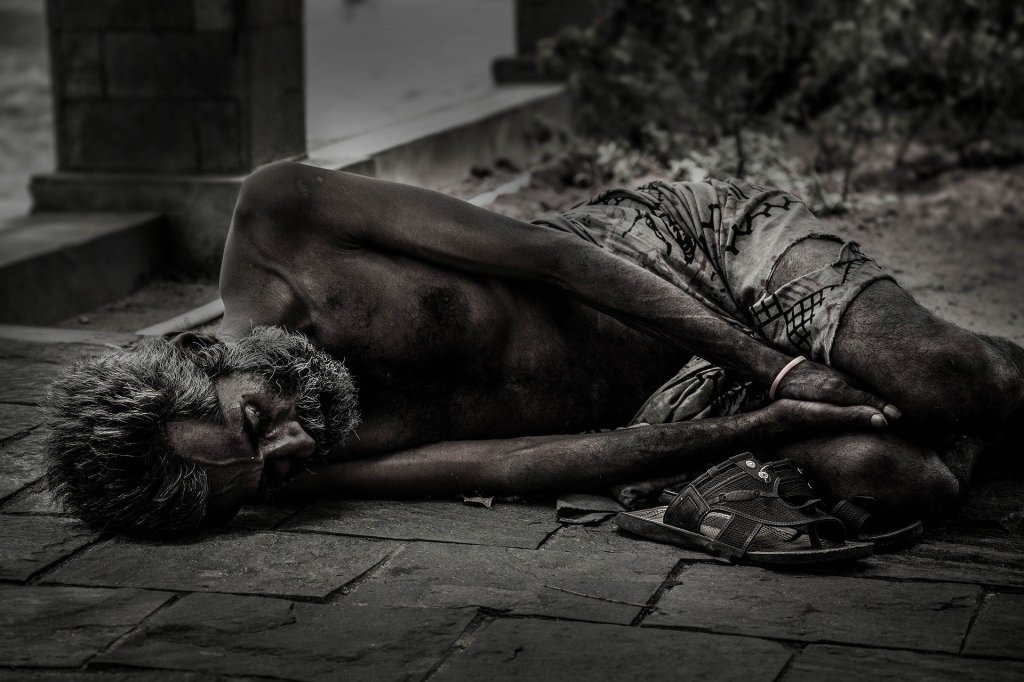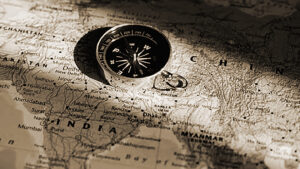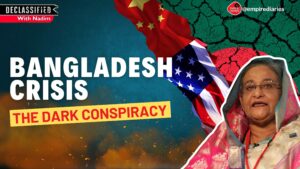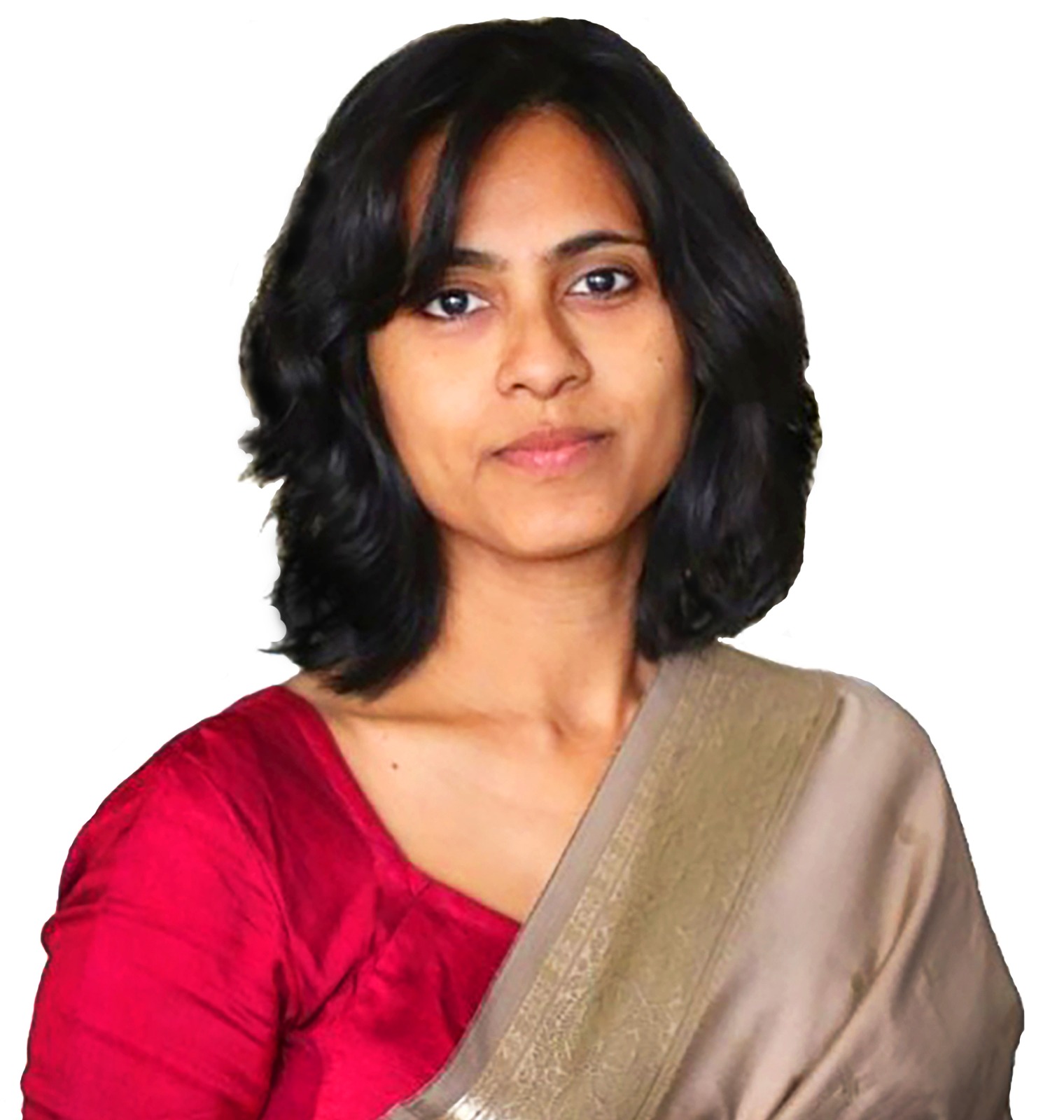
 Ratna, November 13, 2020:
Ratna, November 13, 2020:
- Every single day, 821 million people around the world go to sleep without having food
- 149 million people suffered crisis-level hunger or worse in 2019
- The UN’s World Food Programme (WFP) estimates that the number of people experiencing crisis-level hunger will rise to 270 million before the end of 2020 – an 82% increase since 2019
- Going by current trends, the number of hungry people will reach 840 million by 2030
- More than 1 out of 9 people in the world do not get adequate food to eat
- Prior to the Covid‑19 pandemic, an estimated 75 million under-five children were affected by stunting
- By the end of 2020, about 12,000 people per day could die from hunger linked to the Covid-19 pandemic
- As of 2019, 8.9% of the world’s population was undernourished. This amounted to 690 million undernourished people, as per UN Food and Agricultural Organization’s (FAO) data
These are some of the disturbing and uncomfortable statistical observations collected from various relevant UN reports.
Many of the reports have been compiled by the UN’s WFP (World Food Program), which won the 2020 Nobel Peace Prize – ostensibly for its efforts to alleviate poverty around the world.
It is evident from these reports that our world is getting more and more hungry, that hunger is constantly knocking on the doors of 1 out of 9 people worldwide.
With such glaring stats, and no signs of things looking up in the near future, isn’t it almost comic that the UN’s WFP – for all its inability to go beyond doling out nicely drafted reports – should win the Nobel Peace Prize?
It is as atrocious as it is comic. A Nobel for only a promise that is far from being delivered.
By picking the UN’s WFP for the peace award, the Nobel committee has in fact surpassed its shocking decisions from the past – of awarding the prize to the famed foreign policy manipulator Henry Kissinger and warmongering US President Barack Obama.
By that time you finish reading this article, more than 30,000 people worldwide would have died from hunger in the past 24 hours. Annually, that figure stands at 9.7 million.
Hunger deaths, malnutrition, undernourished kids and the alarming number of child mortality from hunger together point to the failure of governments and multilateral institutions to secure basic food security for the public.

THE YEMEN STORY
Take Yemen, for example. The West Asian country has been devastated by an unending conflict involving Saudi Arabia and some opportunistic Western governments. The unstable country is now in a very, very delicate state, on the verge of a complete collapse.
According to a report published by the WFP itself on the situation in Yemen, the UN body accepts that there are more than 20 million people who urgently need food security. Among them, nearly 10 million people are acutely food insecure.
Well, those are massive numbers considering that Yemen’s total population is just about 30.5 million.
The WFP says, “Malnutrition rates among women and children in Yemen remain among the highest in the world, with more than 1 million women and 2 million children requiring treatment for acute malnutrition. Of these children, around 360,000 are at risk of dying without treatment.”
NOBEL PEACE PRIZE, FOR WHAT?
Incredible as it seems, it’s largely for elaborately announcing this state of affairs in Yemen that the WFP received the Nobel Peace Prize this year.
Yemen has been suffering the world’s worst humanitarian crisis since 2015 after Saudi-led led air strikes repeatedly devastated the country. So-called pro-people international organisations such as the UN and NATO, which position themselves like Messiahs of peace in regions of instability, have failed miserably to stop this war. They have failed to stop British-supplied arms from being misused by the Saudi kingdom in the misadventure in Yemen.
If these respected international organisations are really so powerless in countries torn apart by intervention, what conclusions should we draw about them? Aren’t they acting like agents of the Anglo-American Empire, safeguarding their strategic and business interests while lapping up peace awards?
Of what worth are various UN bodies if Empires kick-start wars in countries they dislike and indulge in war-profiteering? Take the case of the United States, which has been the largest exporter of arms from 2015 to 2019, as per data compiled by the watchdog SIPRI (Stockholm International Peace Research Institute).
The US supplied 35% of all of the world’s arms exports during that period and Saudi Arabia was the largest importer of that weaponry and technology.
All those arms and ammo are being used in Yemen as the country is sinking deeper and deeper into instability and chaos, causing mass poverty, unending famine and countrywide hunger deaths.
In July, international monitor Oxfam came up with an astonishing projection, citing Yemen as the top country on a list of “extreme hunger hotspots”.
So where has the UN and its much decorated WFP been all this while? Closely monitoring the deteriorating situation in Yemen and churning out well-made reports? Just that’s it?
THE INDIA STORY
India, which is yet another hub of hunger-related misery on a mass scale, is also on the brink of facing an acute hunger crisis following the hard lockdown it underwent last summer due to the coronavirus pandemic.
Already, 14.5% of India’s population is malnourished. That number is bound to increase, now that the government has controversially passed a clutch of farm bills that are likely to jeopardise the financial well-being of a large section of the public reliant on agribusiness for their livelihood.
Instead of standing by its people during trying times, the oppressive state is empowering corporates to push the public towards an uncertain future.
Also Read: Trump Out, Biden In, What It Means For The World
THE UNCOMFORTABLE QUESTION
Why is it that hunger being an ailment that threatens much of the human race still does not get recognised as a pandemic?
Why?
Because hunger is not contagious, unlike the coronavirus.
Because rich people will never get ‘infected’ by hunger.
Because the rich are rich enough to be ‘immune’ to hunger, unlike millions of poor people.
And when the rich are insulated from a life-threatening problem, that problem doesn’t make headlines.
And because it never makes headlines and doesn’t get discussed in the public sphere, the crisis is not seen or defined or acknowledged as a pandemic – even though it is one.
Please follow us on Facebook & on Twitter for more such incredible stories








